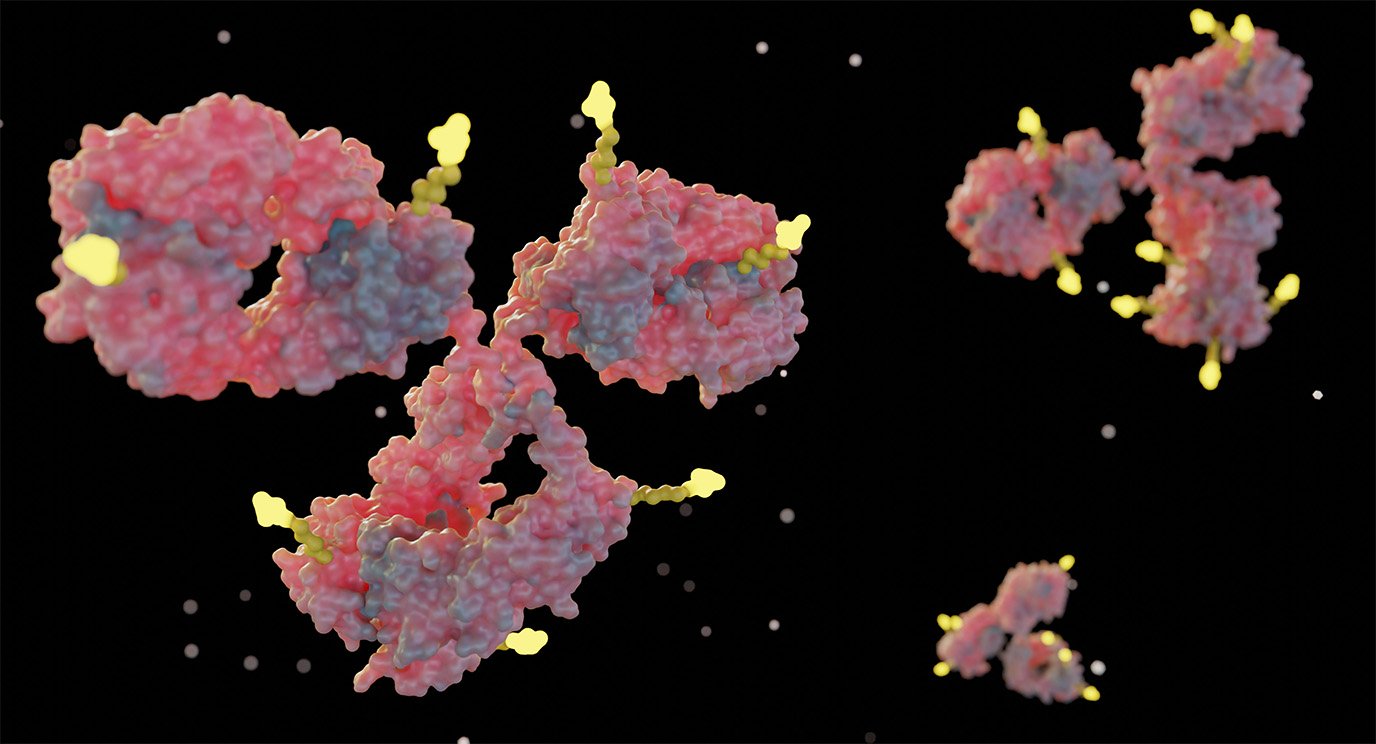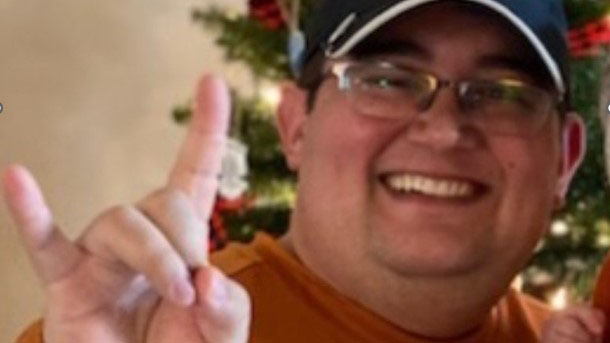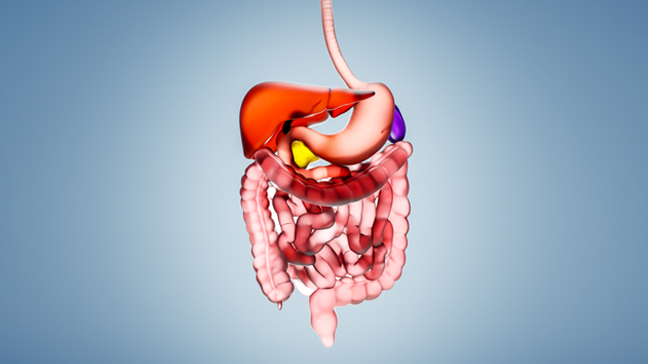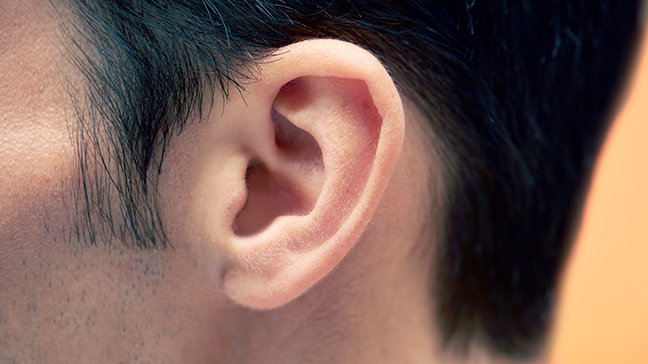- Diseases
- Acoustic Neuroma (14)
- Adrenal Gland Tumor (24)
- Anal Cancer (66)
- Anemia (2)
- Appendix Cancer (16)
- Bile Duct Cancer (26)
- Bladder Cancer (68)
- Brain Metastases (28)
- Brain Tumor (230)
- Breast Cancer (718)
- Breast Implant-Associated Anaplastic Large Cell Lymphoma (2)
- Cancer of Unknown Primary (4)
- Carcinoid Tumor (8)
- Cervical Cancer (154)
- Colon Cancer (164)
- Colorectal Cancer (110)
- Endocrine Tumor (4)
- Esophageal Cancer (42)
- Eye Cancer (36)
- Fallopian Tube Cancer (6)
- Germ Cell Tumor (4)
- Gestational Trophoblastic Disease (2)
- Head and Neck Cancer (6)
- Kidney Cancer (124)
- Leukemia (344)
- Liver Cancer (50)
- Lung Cancer (288)
- Lymphoma (284)
- Mesothelioma (14)
- Metastasis (30)
- Multiple Myeloma (98)
- Myelodysplastic Syndrome (60)
- Myeloproliferative Neoplasm (4)
- Neuroendocrine Tumors (16)
- Oral Cancer (100)
- Ovarian Cancer (170)
- Pancreatic Cancer (164)
- Parathyroid Disease (2)
- Penile Cancer (14)
- Pituitary Tumor (6)
- Prostate Cancer (144)
- Rectal Cancer (58)
- Renal Medullary Carcinoma (6)
- Salivary Gland Cancer (14)
- Sarcoma (236)
- Skin Cancer (296)
- Skull Base Tumors (56)
- Spinal Tumor (12)
- Stomach Cancer (60)
- Testicular Cancer (28)
- Throat Cancer (90)
- Thymoma (6)
- Thyroid Cancer (98)
- Tonsil Cancer (30)
- Uterine Cancer (78)
- Vaginal Cancer (14)
- Vulvar Cancer (18)
- Cancer Topic
- Adolescent and Young Adult Cancer Issues (20)
- Advance Care Planning (10)
- Biostatistics (2)
- Blood Donation (18)
- Bone Health (8)
- COVID-19 (362)
- Cancer Recurrence (120)
- Childhood Cancer Issues (120)
- Clinical Trials (628)
- Complementary Integrative Medicine (24)
- Cytogenetics (2)
- DNA Methylation (4)
- Diagnosis (230)
- Epigenetics (6)
- Fertility (64)
- Follow-up Guidelines (2)
- Health Disparities (14)
- Hereditary Cancer Syndromes (124)
- Immunology (18)
- Li-Fraumeni Syndrome (8)
- Mental Health (118)
- Molecular Diagnostics (8)
- Pain Management (62)
- Palliative Care (8)
- Pathology (10)
- Physical Therapy (18)
- Pregnancy (18)
- Prevention (898)
- Research (392)
- Second Opinion (74)
- Sexuality (16)
- Side Effects (604)
- Sleep Disorders (10)
- Stem Cell Transplantation Cellular Therapy (216)
- Support (404)
- Survivorship (322)
- Symptoms (184)
- Treatment (1776)
Nasopharyngeal carcinoma survivor: My journey to becoming an oncologist
4 minute read | Published August 17, 2020
Medically Reviewed | Last reviewed by an MD Anderson Cancer Center medical professional on August 17, 2020
I was a healthy 22-year-old with hopes of attending medical school when I asked my doctor to take my swollen lymph node seriously. A biopsy showed I had stage III nasopharyngeal carcinoma.
The first night after my nasopharyngeal carcinoma diagnosis, I began focusing on the things I was grateful for. I studied biology and was interested in medicine, so I understood my diagnosis and researched my condition. This helped me with my treatment decision-making process. I was also interested in philosophy, so I had read many books about peoples’ experiences with cancer.
I didn’t want cancer to rule my life. I wanted to embody the art of living and find happiness through an optimistic outlook.
My team of nasopharyngeal carcinoma experts
I was determined to receive the best medical care in the world, so I scheduled an appointment at MD Anderson. I researched the medical centers in the U.S. for head and neck cancer. It was fairly unanimous that MD Anderson was No. 1. I had an appointment within 12 hours of calling them. Within one week, I was able to see the leading head and neck oncologists, who were all remarkably kind, patient and understanding.
My care team included head and neck surgeons Dr. Randal Weber and Dr. Paul Gidley, radiation oncologist Dr. Shalin Shah, head and neck oncologist Dr. Frank Mott, audiologist Dr. Rajarashi Pratihar, psychologist Dr. Aimee Christie and integrative medicine specialist Dr. Santhosshi Narayanan.
My nasopharyngeal carcinoma treatment: concurrent radiation therapy and chemotherapy
My treatment began with chemotherapy -- three doses of docetaxel and cisplatin for three weeks each. After each dose of chemotherapy, it took me one to three days to start feeling well and an additional week to feel normal. The day after treatment was especially tough. I was able to fix this by working with my psychologist, Dr. Christie. She taught me how to use exposure therapy to combat my anxiety. It helped to reduce my stress levels within 24 hours.
For seven weeks, I underwent 32 radiation therapy treatments, while also receiving weekly doses of chemotherapy. I lost my ability to taste two weeks into treatment. It took me six weeks to regain my sense of taste after treatment.
Managing side effects during cancer treatment
The most severe side effects began five weeks into my treatment, with the last week being challenging to eat solid foods. I had sores in my throat, and my tongue was so swollen that I couldn’t talk. However, two weeks after treatment, I was able to return to normal foods and speaking.
My care team helped me create a routine, which eased these side effects. And seeing a psychologist helped me take control of the worry I had tied to chemotherapy, so I can now talk freely about it without having any stress.
Tips for head and neck cancer patients
I learned a lot from my own nasopharyngeal carcinoma treatment and have a lot of advice to offer other head and neck cancer patients. Here are a few things I recommend.
Rinse your mouth with the baking soda/salt solution several times a day. I had no mouth sores until the final two weeks of treatment.
If your radiation is close to your skin, continually moisturize your skin with lotion. Your skin will eventually burn. I did not have pain with my skin because it was well moisturized and protected.
Listen to your body when choosing what you eat. You will know when something is too hot, too sour or too spicy. Don’t push it; you can enjoy those things after treatment. I practiced swallowing in various ways and stretched my neck to reduce scar tissue.
Each time I ate, I brushed my teeth and rinsed with the saline/baking soda solution. All of this helped minimize the mouth sores, kept my neck elastic and allowed me to swallow whole foods throughout treatment.
Focused on becoming an oncologist
I am currently cancer-free and hope to use my experience to help those in a similar situation. With my cancer treatment behind me, I am now focused on completing my education.
I hope to take what I learned during my treatment at MD Anderson and apply it towards becoming an oncologist who treats other head and neck cancer patients with the same empathy and expertise that my team at MD Anderson did for me.
Request an appointment at MD Anderson online or by calling 1-855-493-3260.
Related Cancerwise Stories

I didn't want cancer to rule my life.
Robert Middlemist
Survivor





